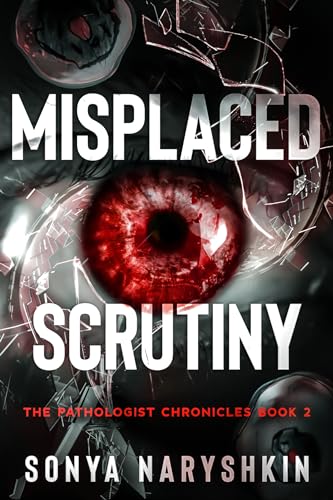The “argument” that reads
like a conversation about life!
# Is there archaeological evidence for the New Testament?
# Did the universe “hatch” from a “cosmic egg”?
# What does the fossil record imply about the existence of God?
# Is design inferred by the existence of information?
Since the Enlightenment, spirited debates about the existence of God have captured the public’s imagination. Scholars, philosophers, and scientists have grappled with the “evidence” that God exists, or doesn’t.
Today, some of the world’s best minds—in a variety of disciplines—grapple with whether there is any real purpose to our lives. Yet not only do many scientists believe in the God who created us with purpose, they also understand that what we do in the here and now has consequences in the next life.
John Ashton has compiled a group of essayists who specialize in fields such as archaeology, astronomy, biblical scholarship, and more. The result is a fascinating exploration of an age-old question, sure to intrigue believers and skeptics alike


